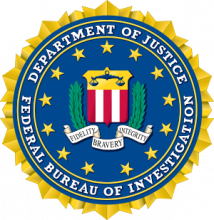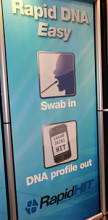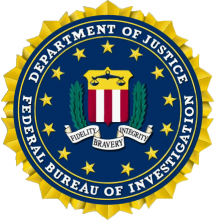FBI cybersecurity shift draws skepticism from experts
The FBI has changed its cybersecurity strategy to place greater emphasis on identifying the criminals behind attacks, a shift that some experts say won't make a dent in hacking operations.
Hopes for federal cybersecurity standard fading In a recent blog post, the bureau said it would dedicate more resources to "who is conducting the attack or the exploitation and what is their motive."










































































